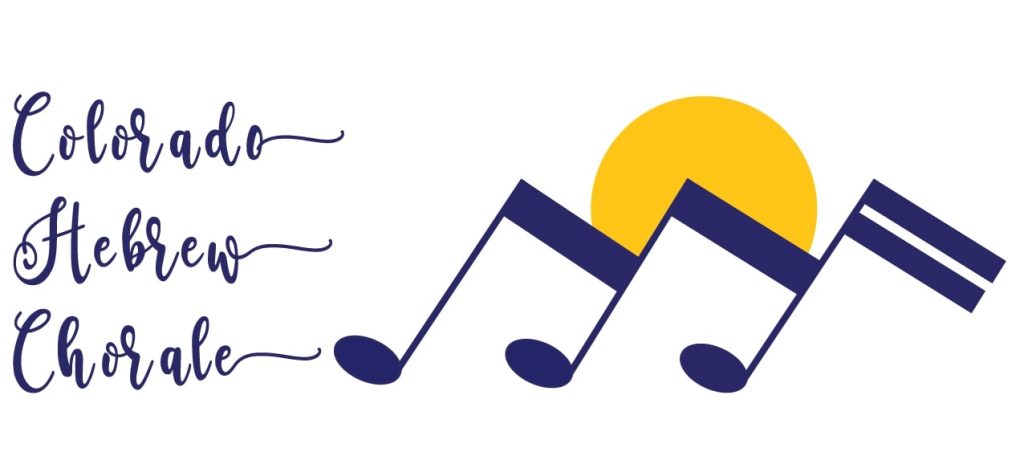A. True!
According to the Talmud and Midrash, this day marks the hillula (celebration, interpreted by some as anniversary of death) of Rabbi Shimon bar Yochai, a Mishnaic sage and leading disciple of Rabbi Akiva in the 2nd century, and the day on which he revealed the deepest secrets of kabbalah in the form of the Zohar, a landmark text of Jewish mysticism.
In modern Israel, the holiday has evolved to include commemoration of the Bar Kokhba revolt against the Roman Empire.
2. True or False: Lag B’Omer is celebrated on the 33rd day after Passover.
A. True!
Lag BaOmer is Hebrew for “33rd [day] in the Omer“. The biblical mandate to count the Omer appears in Leviticus 23:15–6, which states that it is a mitzvah to count seven complete weeks from the day after Passover night ending with the festival of Shavuot on the fiftieth day. There are a number of explanations for why the 33rd day is treated as a special holiday. (more at Wikipedia)
3. True or False: For the 33 days leading up to Lag B’omer, observant Jews do not shave or get haircuts.
4. True or False: Because the time between Passover and Lag B’Omer is a period of mourning, no weddings are held.
A. Both 3 & 4 are True!
While the Counting of the Omer is a semi-mourning period, all restrictions of mourning are lifted on this 33rd day of the Omer. As a result, weddings, parties, listening to music, and haircuts are commonly scheduled to coincide with this day among Ashkenazi Jews. Families go on picnics and outings. Children go out to the fields with their teachers with bows and rubber-tipped arrows. Tachanun, the prayer for special Divine mercy on one’s behalf is not said, because when God is showing one a “smiling face,” so to speak, as He does especially on the holidays, there is no need to ask for special mercy.
5. True or False: in Israel Lag B’Omer is celebrated with bonfires?
A. True!
The most well-known custom of Lag BaOmer is the lighting of bonfires throughout Israel and worldwide wherever religious Jews can be found. In Meron, the burial place of Rabbi Shimon bar Yochai and his son, Rabbi Elazar, hundreds of thousands of Jews gather throughout the night and day to celebrate with bonfires, torches, song and feasting. This was a specific request by Rabbi Shimon bar Yochai of his students. Some say that as bar Yochai gave spiritual light to the world with the revelation of the Zohar, bonfires are lit to symbolize the impact of his teachings. As his passing left such a “light” behind, many candles and/or bonfires are lit.
